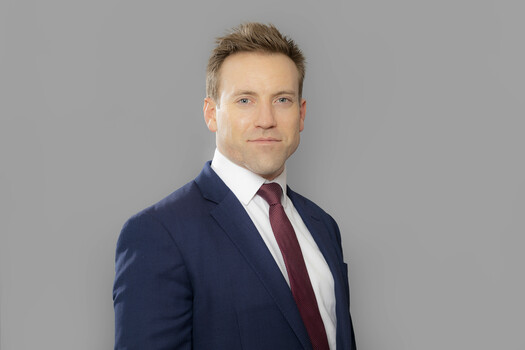
Ken Maxwell, director at John Lamb Hill Oldridge, explores the obstacles that come with writing life insurance for high net worth individuals, using the example of one client seeking more than £20 million in cover.
For most clients, life insurance is an important part of protecting their family and other dependents. For high net worth (HNW) individuals with major financial commitments, obtaining the appropriate level of cover is even more vital.
It can be difficult for HNW clients to secure the cover they need. The level of cover alone can exclude them from many insurance providers. Sometimes, the individuals are older and have health issues. Other clients need their cover confirmed within a tight time frame.
These factors mean that the process followed by most regular financial advisers or planners can often be unsuitable for HNW individuals.
The traditional process doesn't work for many HNW clients
For HNW individuals, the traditional life insurance application process can be long and time-consuming.
Firstly, you might have to ask your client to complete a cumbersome application form. Once the client has completed the proposal, you'll then have to deal with insurers requesting medical reports and, if necessary, arranging for the client to have a medical examination.
Once this is all done - and it can take months - the insurers send their terms to the client.
Importantly, if an insurer declines a client's application, this will have to go on record.
For a HNW client, specialist advice is crucial. At John Lamb Hill Oldridge, we take a fundamentally different approach that speeds up the process for our clients, while securing the life insurance they need.
A more personal and efficient approach to HNW life insurance
One key benefit we offer clients is that we have our own in-house underwriter. He is familiar with the requirements of insurers, their premiums, and the loadings they are likely to impose upon a client's policy.
To kick-start the process, we have a short initial conversation with the client - and their other advisers if applicable - and agree the shape of the requirements and desired level of cover.
Our underwriter will sensitively ask the client about their lifestyle, medical history, travel habits, and hobbies. All of this is discussed and recorded before any medical. By gathering this information, we can manage the client's expectations around their life insurance.
Significantly, we can establish whether a client is likely to be declined for cover. As we do this ahead of submitting a proposal, it won't need to be declared on future applications.
We request the client's GP medical records - often from both NHS and private practices - and we will arrange the medical and collate all the medical information.
We then know how to package and present all the appropriate lifestyle and medical information to the insurer. By managing the application, we can speed up the process, ensure we speak to the right insurer for the client, and even negotiate any loading.
Additionally, we take care of the financial underwriting, and agree terms with the insurer before submitting the application. We also carry out checks on all trustees (who will often be our client rather than the policyholder).
How our approach helped a HNW client recently
Our 60-year-old client was looking for life insurance cover of more than £20 million. We were instructed in late February and, because of the client's overall tax planning strategy, he needed to have cover in place by the end of the tax year.
The client spends a lot of time out of the country. So, we had to coordinate the completion of a medical, get the results back, submit the application to the insurers, and arrange for the cover to go into force, all within a couple of weeks.
To make things more challenging, the client wasn't a standard risk. During the initial conversation, our underwriter predicted a loading on the policy, which turned out to be almost exactly correct.
Along the way, the client's GP informed us that they'd lost several years of medical records. We chased these and insisted the surgery keep searching until the notes were found. When they were eventually located, one of our advisers drove to the GP surgery to collect them personally.
As the client wanted such a high level of cover, we had to split the application for reinsurance purposes. This subsequently resulted in a further "split" of cover to satisfy the reassurers involved.

Ken Maxwell is director at John Lamb Hill Oldridge











